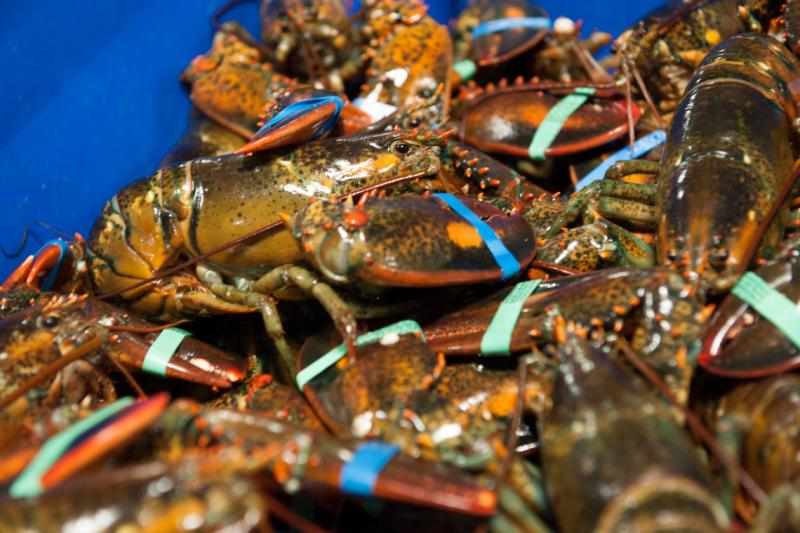-
Tips for becoming a good boxer - November 6, 2020
-
7 expert tips for making your hens night a memorable one - November 6, 2020
-
5 reasons to host your Christmas party on a cruise boat - November 6, 2020
-
What to do when you’re charged with a crime - November 6, 2020
-
Should you get one or multiple dogs? Here’s all you need to know - November 3, 2020
-
A Guide: How to Build Your Very Own Magic Mirror - February 14, 2019
-
Our Top Inspirational Baseball Stars - November 24, 2018
-
Five Tech Tools That Will Help You Turn Your Blog into a Business - November 24, 2018
-
How to Indulge on Vacation without Expanding Your Waist - November 9, 2018
-
5 Strategies for Businesses to Appeal to Today’s Increasingly Mobile-Crazed Customers - November 9, 2018
European proposal to ban American lobsters to move forward
A European Union scientific forum, originally set to decide by August 31 whether to validate Sweden’s claim that American lobsters are an invasive species, now expects to render its decision sometime this week.
Advertisement
Lobstermen in the U.S, and Canada had hoped to stop the proposal. They contend a ban is not supported by science.
The worldwide dispute started when Sweden announced it had found 32 American lobsters in the country’s waters earlier this year and that they pose a threat to native crustaceans.
They also said the Atlantic waters around Britain, Norway and Sweden are too warm for American lobsters used to the cold Northeast Atlantic, the waters are fished too hard and have too many predators such as crabs, snapping shrimp and squat lobsters for the Homarus Americanus to survive, let alone take over the European lobster population. The full review won’t be completed until spring at the earliest.
The £170million annual North American lobster export business to the EU is under threat after scientists from the bloc have argued there is strong evidence to determine the European breed needs to be protected from its larger American cousin.
The banning of the export of live American lobsters to the 28-nation European Union would be a bitter and expensive pill to swallow for USA live lobster exporters.
“I doubt there is evidence that the American lobster can increase in abundance to the point it creates measurable harm to the ecosystem or to humans”.
Advertisement
The council’s move to perhaps ban the species “does not prejudge in any way the decision on whether the commission will propose the lobster for listing [on the invasive species list]”, Iris Petsa, spokesperson for the European Union, said in a statement. In March, the Maine Congressional delegation also wrote to Secretary of State John Kerry, U.S. Trade Representative Michael Froman and NOAA Administrator Dr. Kathryn Sullivan asking that the Obama Administration also resist Sweden’s efforts. “This is an attempt to supposedly introduce a zero-risk solution to an issue that numerous researchers have said is not a genuine scientific concern”. He’s among those who believe they were illegally released. “It’s their problem, not our problem”, he said.




























